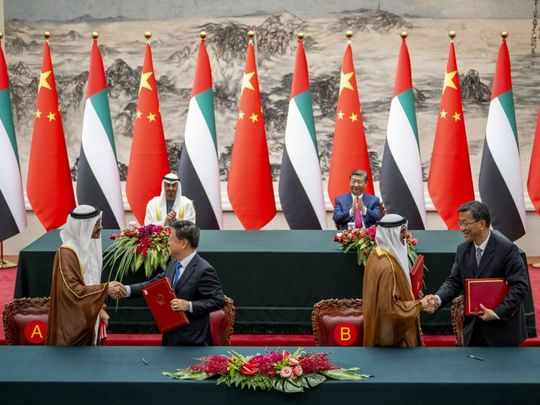China’s Dangerous Rush to Resolve the Property Crisis
- Date: 12-Nov-2021
- Source: Asharq AL-awsat
- Sector:Real Estate
- Country:Middle East
China’s Dangerous Rush to Resolve the Property Crisis
Consider this thorny situation: You’re in a long-term relationship. It was great for a while, but your goals have changed. Do you have a respectful breakup, or just ghost your partner? This is the dilemma Beijing is facing with overseas investors worried that they will lose their shirts if China lets its troubled real estate developers unravel too quickly.
Beijing has good reasons to rein in the country’s property giants. They have accrued so much debt over the course of their breakneck expansion — $2.5 trillion among the top 50 or so listed companies — that even the Federal Reserve warned this week further fragility there could spread to the US Years of frenzied construction has resulted in a huge oversupply of apartment blocks, scattering effective ghost towns across China as demand for new housing has waned.
But developers also have served an important social purpose. In 1998, when China launched a program to encourage private home ownership, there was a severe shortage of apartments in urban areas, and what was available was often shabby. The government provided incentives, and the developers swooped in. At one point, China was adding about 15 housing units per 1,000 people, three times as many as






















